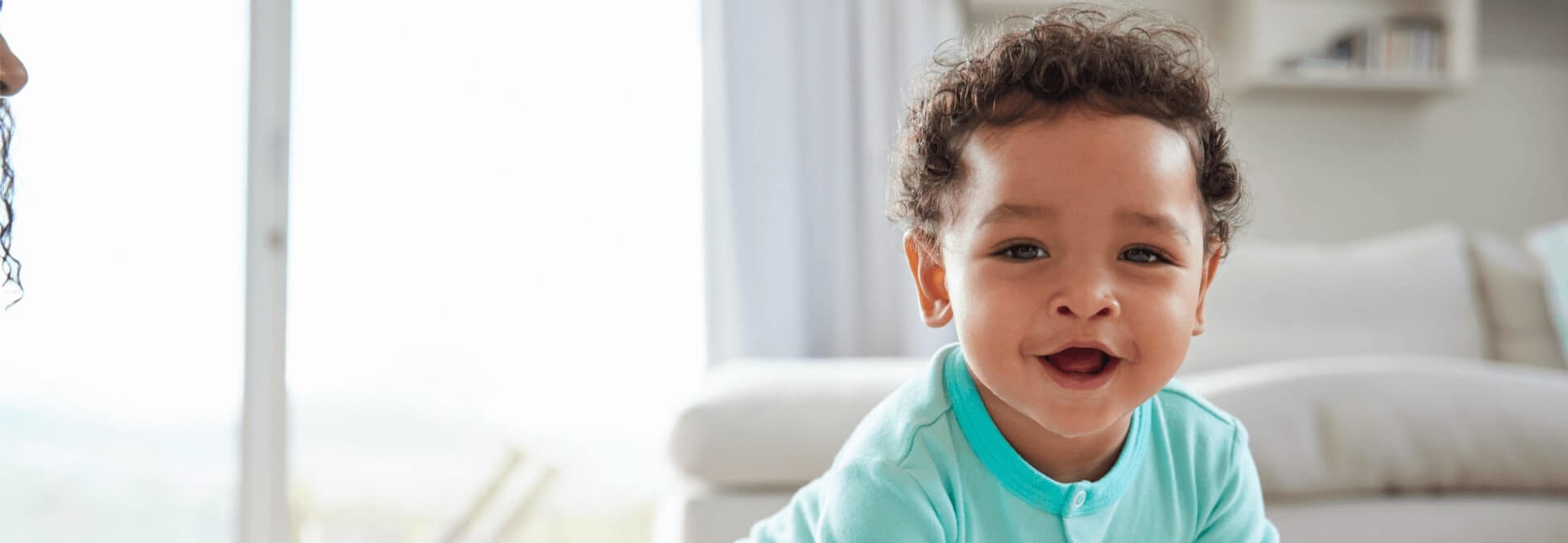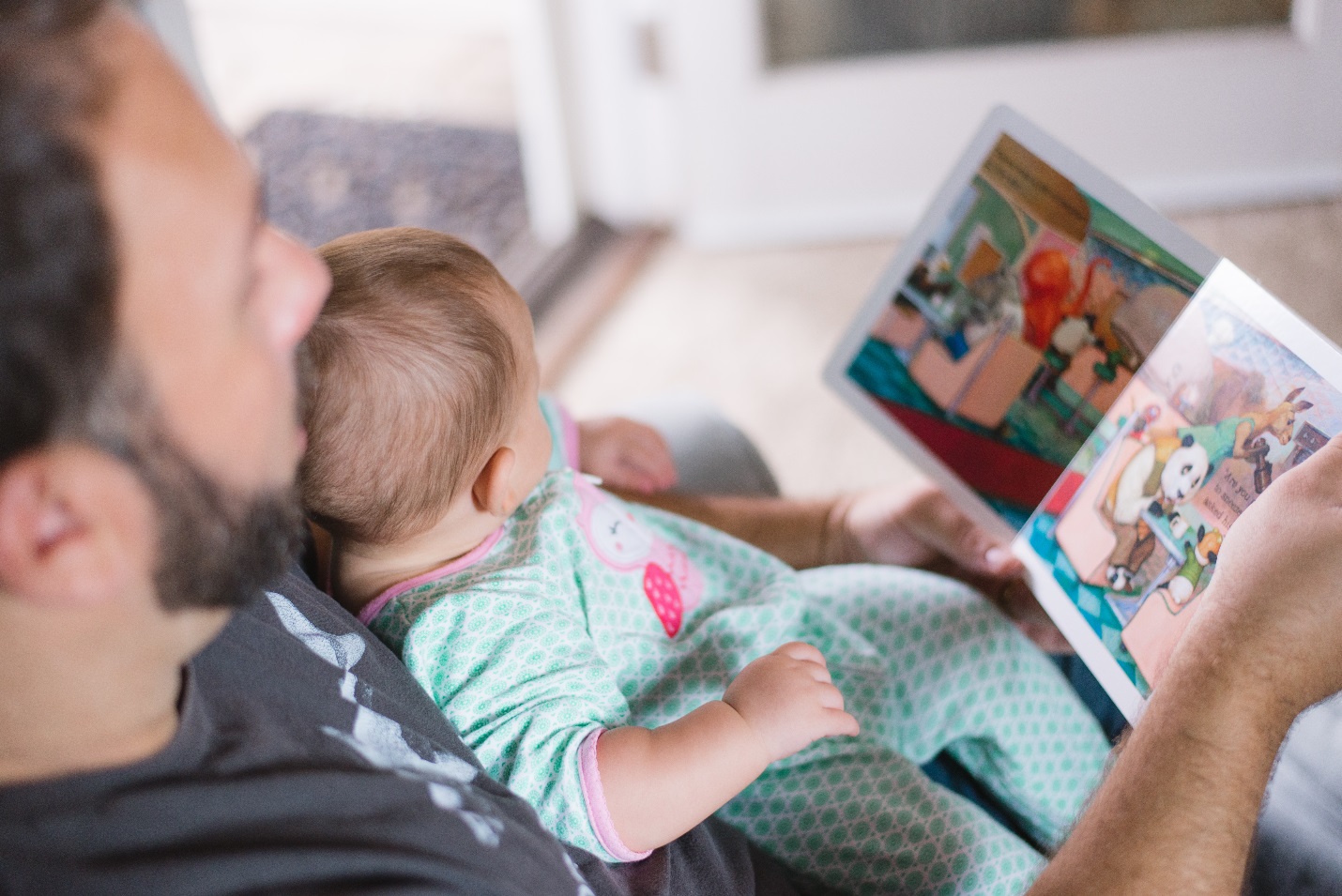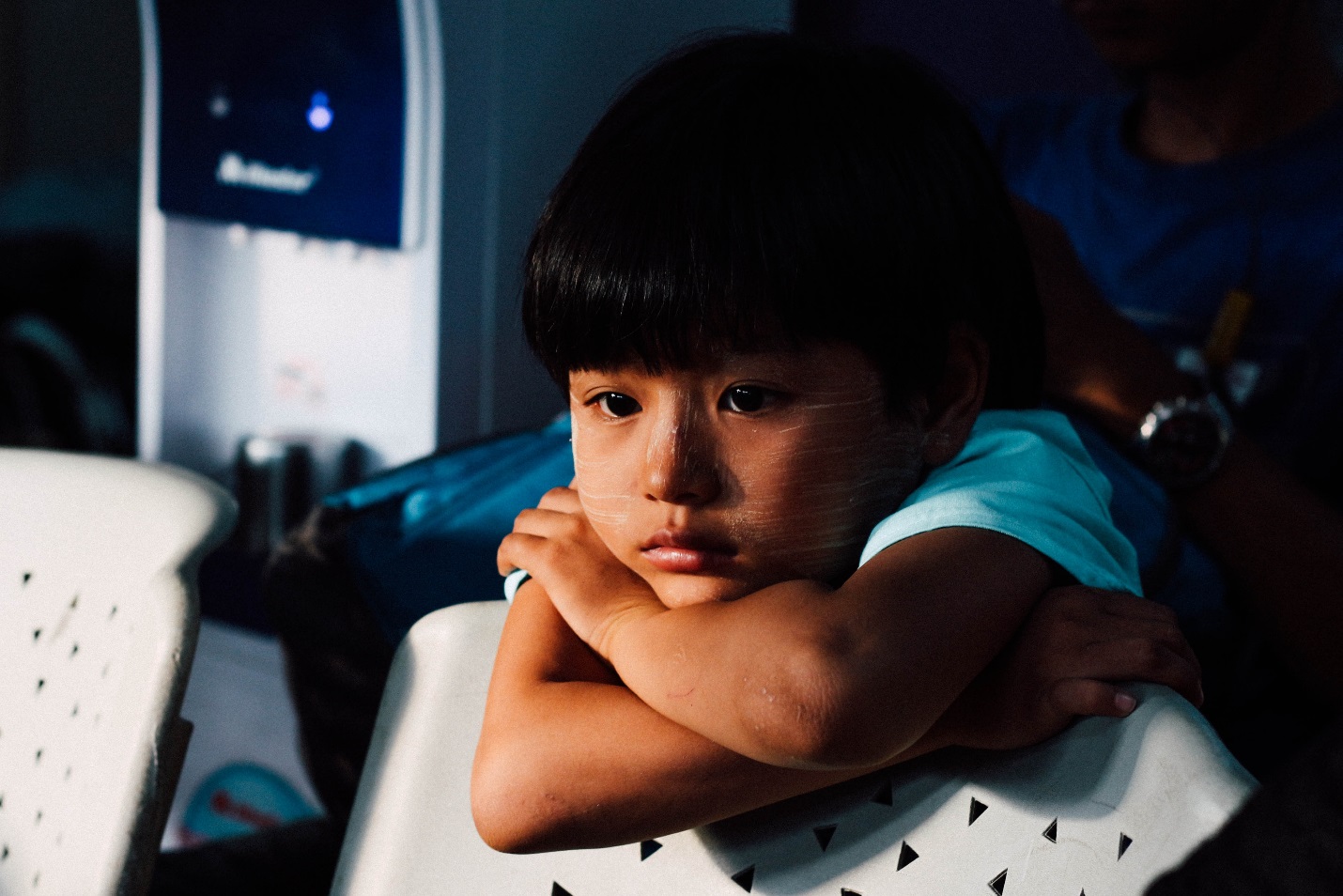
Birth Mother Common Questions and Concerns
As a Birth Parent, it is common to experience some nervousness as you head into the adoption process. And as someone who loves your child, you might be concerned about the relationship your child will have with his/her Adoptive Parents. It is perfectly normal to have fears about whether the Adoptive Parents will truly treat your child as their own. But how do you lessen these fears without letting them consume you or, if voiced, without miscommunicating your feelings with the Adoptive Parents?
“Adoption Network Law Center is the reason why my baby is going to have a strong future.”-Megan
Adoptive Parent Screening
Adoptive Parents have a special kind of love to offer their adoptive child; the miracle of their hopes and dreams. The screening process includes home visits to verify that the child will have a suitable room and a safe and childproof environment. Adoptive Parents will also undergo background checks and may be required to attend classes or training to prepare themselves to raise a child. To find out more about the Adoptive Parent screening process, click here.

Talking with the Adoptive Parents
Having an understanding of the adoption process may help set your mind at ease.But even so, you might still feel a little anxious. It will take some effort to establish trust with the family you have chosen. If you decide to have some kind of relationship with the adoptive parents, think about having some open and honest conversations with them. Tell them about how you are feeling throughout your pregnancy, and your thoughts and hopes for the future of the child
They will be understanding and compassionate, and they will be happy if you share your feelings with them. They will not only reassure you, which is definitely important, but will also create productive conversations about caring for the child with his or her best interests in mind.
Ask them the exact questions you want to ask. You will need to be straight-forward. Honesty is best even when it feels a little awkward. Have several open, honest conversations with the Adoptive Parents, Be sure to resolve your concerns, not avoiding those that are difficult. Think about what words you might use ahead of time to prepare for your conversation. Then say what is on your mind.
It is also vital to remember that you are not alone or without power in this situation. It may sometimes feel that way, but there are many, many people on your side in this process. Adoption Network Law Center’s Adoption Advisors and Birth Mother Mentors are available 24/7 for your support and guidance. You will not get left behind, and your fears will not go unanswered. It can be difficult to have faith in people you are unfamiliar with, but putting a little trust into them initially will go a long way in helping you communicate effectively with them.
Additional Resources:
It may also be helpful for you to find other people to talk to who have been through similar experiences. There are many resources out there that can help you work through your feelings. Whatever your needs might be in this process, there is a group of people who want to help. Here are just a few of the many resources available to you as a Birth Parent, no matter which stage of the process you are currently in:
BirthMothers4Adoption is a site where you can read about the experiences of other Birth Parents and contribute experiences of your own.
Pact is where you can find places and support groups where you can physically meet to talk about your experiences and feelings regarding adoption.
Birthmothers.org is a faith based community where you can be paired with a friend to help you talk about your experiences, talk with a trained counselor over the phone, and read stories from other Birth Parents.
Birth Mother Mentors, are women who have gone through the adoption process themselves and placed a baby in an adoptive family. These connections are provided to you by Adoption Network Law Center. Ask your Adoption Advisor about Birth mother Mentors..
BirthMomBuds provides peer counseling, support, and friendship to Birth Mothers, as well as forums to which you can contribute.
Three Strands focuses on building local communities for Birth Mothers and providing other forms of assistance.
Families are carefully studied and examined. They have to pass through a board of extensive tests and interviews in order to be cleared for adoption. Only when the family passes several social and financial checks are they authorized to adopt a child. The process is thorough, so you can be confident that your child will be well provided for and loved in any adoptive home.
If you are the Birth Parent of a child who was adopted, it is perfectly normal to feel anxious about how the Adoptive Parents will talk about the topic of adoption with the child. You undoubtedly have a variety of concerns about how the Adoptive Parents address the topic, and it is good to confront those concerns head-on. It is also important to remember that the Adoptive Parents must undergo a lengthy adoption process and are given extensive information and training about how to handle the exact same things that might worry you.

The Perceived Social Stigma
There exists a predominating societal myth that there are “correct” types of families when it comes to the adoption process, while others are deemed “alternative” or “inferior” as a result. This stems from a variety of cultural misconceptions about the family dynamics during this process, but they are proven false time and time again. Though their presence is diminishing, these social stigmas still manage to prevail.
One such “myth” is the idea that parents frequently attempt to hide the facts of adoption from the child by keeping it a secret from them, fearing that the child will be judged or hurt upon its reveal.
Thankfully, times have changed, and adoption is rapidly becoming normalized in our society. As a result, there is less of an inclination to hide the fact of the child’s adoption from them; because it is, after all, a fact that will not be detrimental to them in any way, as long as it is discussed openly and honestly. Adopted children tend to lead the same lives as a biological child, not lacking in any element of upbringing or life.
In addition to this, most adoption programs now orient the Adoptive Parents on how to talk with their children about the topic in a natural, healthy way, so that there are not complications when the time is right to discuss the situation.
How will the Adoption Topic Be Discussed with the Child?
The child will, undoubtedly, have many questions during the initial reveal, and the Adoptive Parents will do their best to answer their questions. Neither you, as the Birth Parent, nor the process itself will be treated as something secret or shameful; instead, the child will be well-informed from an early age, which will allow them to regard adoption correctly as a normal, natural part of their life.
For many parents choosing to adopt, they do so because they are unable to conceive themselves. When explaining this concept to a child, it is important to make it understandable; for example, saying “mommy’s tummy is broken” or “God made us different” can help. However, it is also vital to explain and demonstrate unconditional love at this point as well. Many children who have parents who cannot have a child of their own often feel like parents are “settling” when it comes to adoption, and, thus, that the child is not fully loved. Explaining, in simple terms, how infertility made becoming a mommy or daddy even more wonderful can show adoptive children that they are much wanted and highly loved miracle.
What about the Birth Parents?
The Adoptive Parents should use open, respectful language when discussing the Birth Parents to their child. They will not make assumptions about the parent’s circumstances or experiences. It is also certain to expect that the child will have questions requiring their Birth Parents. After all, Birth Parents gave the ultimate gift of life to their child, and fully understanding that sacrifice to place their child up for adoption is a difficult concept for many to grasp.
The Adoptive Parents should not speak ill of the Birth Parents or pass along any assumptions they have about the adoption to the child. They know that, realistically speaking, doing so will damage the child’s self-esteem, since children tend to link themselves to their parents. Both sets of parents (Birth and Adoptive) have the child’s well-being as the top priority, and thus no party wants to do anything that will harm the child in the long run.
It is important to understand, however, that the Adoptive Parents might be a little nervous to talk about the Birth Parents to their child, and that this is a common and understandable reaction. However, they will do their best not to project any fears or concerns they may have to the child.
Depending on what kind of adoption situation you are currently in, Adoptive Parents and Birth Parents should make the decision early on about what kind of relationship they would like to have with each other and the level and type of contact they would like to have.
If Birth Parents are in a situation where they are in contact with the Adoptive Parents and would like to remain in contact, then it is best to speak with the Adoptive Parents about this issue as soon as possible. This is not overstepping boundaries in any way: it is understandable that there would be concerns about how the child learns about their Birth Parents, and the Adoptive Parents will of course listen to these questions and concerns. The key here is communication with the Adoptive Parents. If there are specifics about how the Birth Parents want to be addressed with the child, it is necessary to bring it up if in communication with them.
The perceived social stigma in the adoption scene has often painted a picture of adoption that involves keeping the facts of the child’s adoption away from the child. These facts are shrouded by an unnecessary shame and secrecy, and the child only finds out “accidentally” when they are much older.
Today, most adoptions have some level of openness. The fears of Adoptive Parents, which can include the fear that their child will think that his/her Birth Parents did not love them or the fear that their child will grow insecure in their adoptive family are understandable but it is becoming more widely accepted that it may be damaging to keep the adoption a secret from the child. By withholding the facts from the child, the Adoptive Family blocks the child’s ability to fully understand the situation in a realistic way.
Contrary to popular belief, the child should be told anytime from the ages of one to four about his/her adoption. Your child is never “too young” to be told about the adoption process. This will make it significantly easier to understand later on, when the child will undoubtedly have questions or concerns about it. It’s also important to keep in mind that the earlier they know, the sooner they can rationalize their feelings and accept their adoption story for the beautiful miracle that it is.
In terms of how the Adoptive Parents will talk to your child about why they were adopted, there a variety of things that the Adoptive Parents will say to the child— all of which involve being open and honest about the process, especially from an early age.
The Adoptive Parents should never say anything negative about the child or make assumptions about the Birth Parents. When the child is young, parents should consider saying variations of, “your Birth Parents love you very much, but weren’t ready/able to be parents when they had you.” They should emphasize how the decision was made out of love and was made for the benefit of the child’s future. They should stress how happy and excited they, as the Adoptive Parents, were when the child was born, and how much all parties involved love the child.
There should, also, never just be one discussion about the child’s adoption, but, instead, it should be an ongoing dialogue to make sure the child fully understands the situation and is comfortable. Without proper support the social stigma surrounding adoption may affect the child even at a very early age. Therefore, the Adoptive Parents should always be on the lookout to address negativity towards adoption that the child may have observed and be ready to talk with them about it in a positive way.

What to Expect
One very important thing to understand is that, no matter how supportive and open the upbringing was, it is not uncommon for the maturing child to still experience some emotional struggles about the adoption. There are various studies that have shown that the child’s process of questioning their relationship to adoption are not necessarily a result of a lack of love or support, but is simply a natural part of their mental development.
All of this is to be expected, no matter how lovingly the child was told otherwise. There are some things they must work out for themselves, and oftentimes the best thing the Adoptive Parents can do is be constantly available and supportive of them.
In some cases, where there is no open adoption in place, the child may want to meet their Birth Parents. The best thing the Adoptive Parents can do is to help the child through this by not withholding information or birth records from them. In most cases, even when the Adoptive Families disapprove of their child meeting their Birth Parents, the child will usually go and try to find them anyway, with or without the Adoptive Parents’ help. However, being open about the situation may help, and by providing information, may even help them grow secure enough in themselves to not seek out their true parents. In any situation, however, Adoptive Parents should show support for the child in order to help with their process of self-discovery.
Open Adoption Situations
If you are involved in an open adoption situation, then you, the Birth Parent, have valuable input to contribute when it comes to telling your child about the adoption. The Adoptive Parents can work with you to determine what makes everyone feel comfortable and what best matches the needs of the child.
If you are in the position where you can talk directly to your child about it, it is the best policy to be honest. Of course, when they are younger, they might not immediately understand the details but what they will understand, however, is the emotional component. Letting them know that you love them is of course the most important thing. It might be a difficult road for them, depending on their personality and their social situation, but your support will mean the world to them, since it will greatly help them ignore people who tell them negative things about adoption.
If you are involved in an open adoption situation, then you, the Birth Parent, have valuable input to contribute when it comes to telling your child about the adoption. The Adoptive Parents can work with you to determine what makes everyone feel comfortable and what best matches the needs of the child.
In general, there are very few absolutes for how Adoptive or Birth Parents should engage with a child on this topic of adoption.
Just know that you might not always know what to say to them— and that’s okay. They might even ask some questions as they grow up that might be difficult or cause anxiety. Just remember that the child is ultimately striving to feel loved and secure, and they will do this by being endlessly curious about the circumstances of their adoption. Helping them understand those circumstances as they grow older will help them develop a strong sense of self and will enable them to embrace life normally.
DOWNLOAD the full “Pregnancy & Adoption Planning Guide” here
Available 24/7 to Answer Your Adoption Questions


Search Adoption Network
Speak with a Specialist 1-800-367-2367
